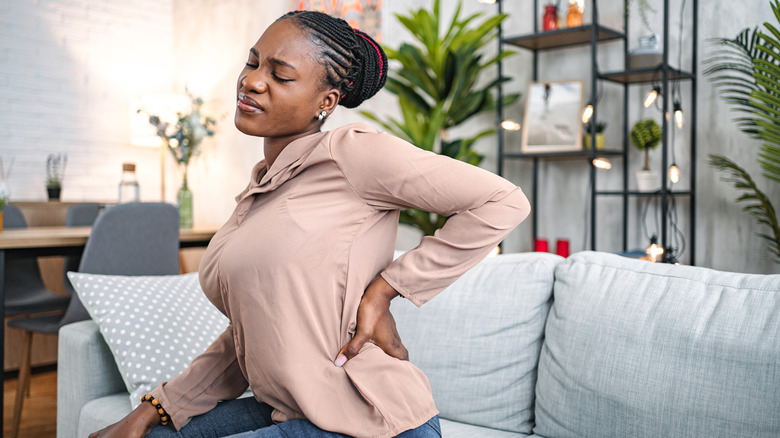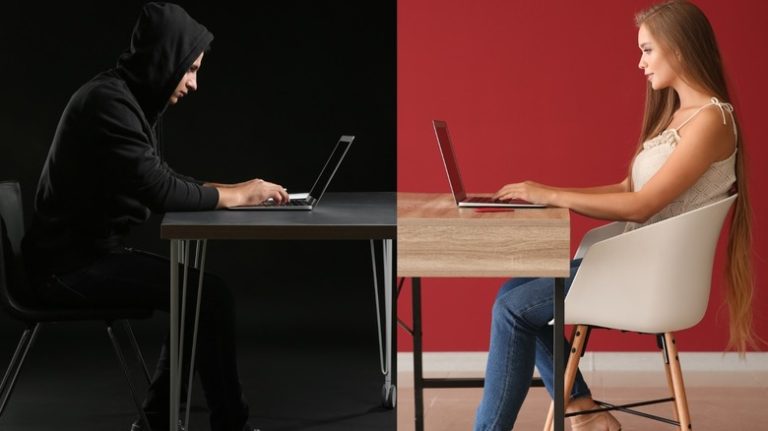Depression can be debilitating. For someone living with this mental health condition, getting through everyday life can be a lot more challenging than for someone who isn’t. Everything from financial worries, relational breakdown, stress, and family history can make someone go through depression. While it’s more common to talk about how chronic pain can lead to depression, science has also talked about the somatization of depression — the tendency for mental health conditions like depression and anxiety to manifest as physical symptoms in your body.
Atlanta-based psychiatrist, Dr. Tracey Marks shared that it’s not uncommon for someone with depression to feel aches and pains in their body more acutely, experience dizziness, or even gastrointestinal discomfort, etc. “Depression can affect you physically. Even if you don’t have a pain problem, when you get depressed, you can be more sensitive to body sensations and experience them in a negative way,” the doctor explained.
This brings us to the unexpected effect depression can have on your back. Turns out, being depressed might also be why you’ve been feeling a lot of back pain lately. In fact, according to the Anxiety and Depression Association of America, pain in your body (including your back) might even be a good indicator that something is going on mental health-wise.
The science behind back pain and depression

It’s safe to say that most of the research done on why depression causes back pain is mere approximations of what the link might be. For starters, both depression and pain share a biological connection by way of the neurotransmitters that influence both conditions – serotonin and norepinephrine, according to one 2004 study published in The Primary Care Companion to the Journal of Clinical Psychiatry. A 2024 study published in Arthritis Care and Research also found that there was a positive correlation between the risk of lower back pain and the severity of depression. People with back pain are four times more likely to have depression than the rest of the population.
According to the University of Alberta Department of Public Health Sciences professor, Linda Carroll (via Science Daily), who has researched the topic, “Both conditions are recurrent, that is, they can both come and go; and both are very common.” Science may have not yet established the exact reason behind why it happens, but there are studies to show that people with depression who didn’t have lower back pain before are more at risk of developing it in time.
Moreover, it is important to understand that fatigue is a side effect of depression. And fatigue can demotivate people. People who are depressed might be more prone to sore backs because of their lack of motivation to exercise and eat healthy which may result in back pain, strain, and injuries. What does this mean for people with depression?
How to handle back pain brought on by depression
Your first course of action would be to become aware of the physical symptoms of depression, like back pain. In fact, according to Linda Carroll (via Science Daily), people who are depressed might be coping passively when mild symptoms of back aches show up and this could be causing the pain to become more severe as time goes on.
If you’re noticing persistent back pain, speak with your mental health practitioner about it. Treatment plans for those with depression and back pain might look a lot different to situations when depression wasn’t a part of the picture, explained The University of Sydney’s Faculty of Health Sciences professor, Paulo Ferreira (via The University of Sydney). “When patients come to us with both back pain and depression their cases are much more complex. They don’t respond to treatment in the same way as patients who only experience back pain — they take much longer to recover and treatment can be expensive,” added the professor.
Counseling, relaxation techniques, behavioral therapy, mood-boosting exercises, pain rehabilitation programs, and medications, may all have to go hand-in-hand as treatment options. Life can be difficult in and of itself when you’re depressed. There is no need to allow back pain to become an additional challenge. Seek the help you need for a better quality of life.
If you or someone you know needs help with mental health, please contact the Crisis Text Line by texting HOME to 741741, call the National Alliance on Mental Illness helpline at 1-800-950-NAMI (6264), or visit the National Institute of Mental Health website.
